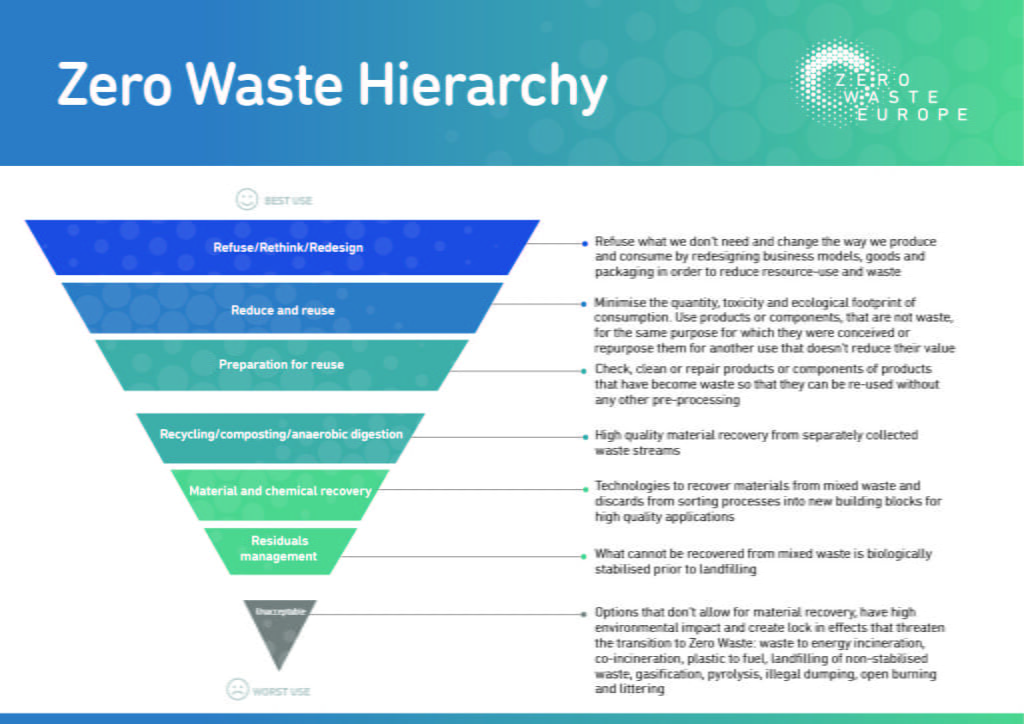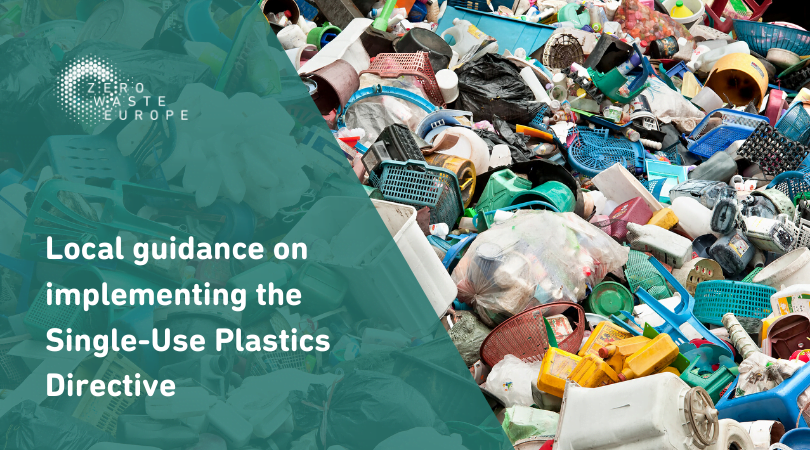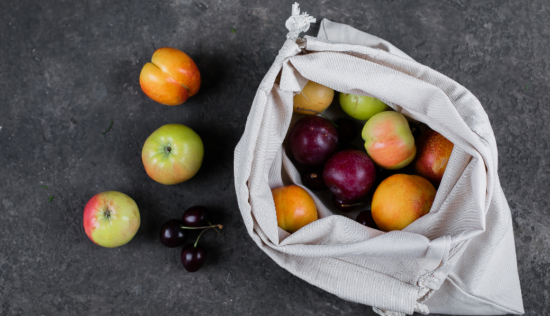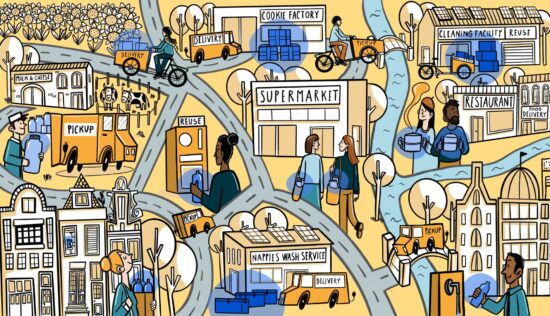The COVID-19 pandemic has, amongst many other things, allowed us to take a step back from our unsustainable consumption and production patterns, providing room for us to reflect on them. Specifically looking at plastic, single-use packaging was quickly perceived as a safe solution to avoiding contamination. However, as we learn more about coronavirus, and resources on the topic are increasing, we see there is no concrete evidence that plastic is safer. On the contrary, in light of the Single-Use Plastics (SUP) Directive and the new Circular Economy Action Plan, it is now time to implement safe and resilient reusable solutions, in which cities have a key role to play.
Across Europe, many cities are on the frontline of the fight against plastic pollution. Some are becoming plastic-free, some are banning single-use plastics items and some are implementing deposit systems for food containers. European cities and communities are showing us concrete and replicable examples of solutions that take us closer to a zero waste future, by tackling the over-consumption of plastic.
Within the frame of the implementation of the SUP Directive, local measures cannot replace ambitious national or regional transposition, as this responsibility remains in their hands. Yet, municipalities and cities have a key role to play in speeding-up the transition to zero waste through the adoption of impactful reuse policies and systems at the local level.
Together with the Rethink Plastic alliance, Zero Waste Europe has developed a guide for local municipalities and communities looking for support on implementing the EU’s SUP Directive. This guide aims to provide concrete examples and advice on the different actions cities and municipalities can implement to reduce plastic pollution, simultaneously achieving the targets set out in the Directive. It stems from the observation that the fight against waste mostly focuses on the lower part of the waste hierarchy, prioritising waste management and public cleanliness over upstream prevention. Yet, investing in waste prevention will have direct positive impacts on the higher end of the waste hierarchy, as less single-use plastic waste production means less waste, and of better quality, to handle.

To show the way, this guidance focuses on three main aspects:
- Green public procurement or local ordinances that cities and municipalities can adopt to ban the use of specific single-use plastic items like bags or cups;
- Complementing such bans with environmentally-friendly alternatives, such as the promotion of free tap water or deposit systems for reusable food containers and/or cups;
- Ensuring that the remaining waste is properly collected for recycling via the implementation of financial incentives, such as the adoption of a pay-as-you-throw system.
A fourth priority underpinning these three main aspects is the need for these measures to be complemented with clear and locally-tailored communications with the community, thoroughly explaining not only how but also why such measures are important and the benefits these will bring locally.
The implementation of the SUP Directive needs to happen through ambitious national and regional transposition. However, already in Europe we have many local examples proving that cities and communities can accelerate the transition by going beyond what is legislatively required. This guidance has been designed to inspire and support further action at the local level, showcasing policies that can be implemented by municipalities to reduce their plastic waste, align themselves with the objectives of the EU SUP Directive and begin taking meaningful steps towards becoming a zero waste city.





